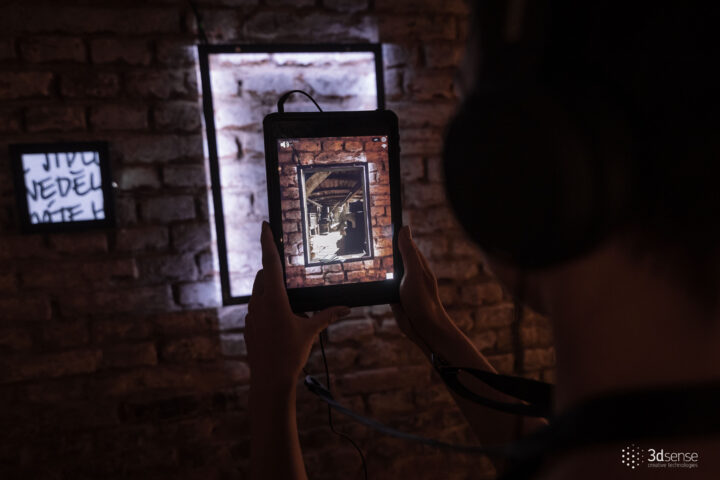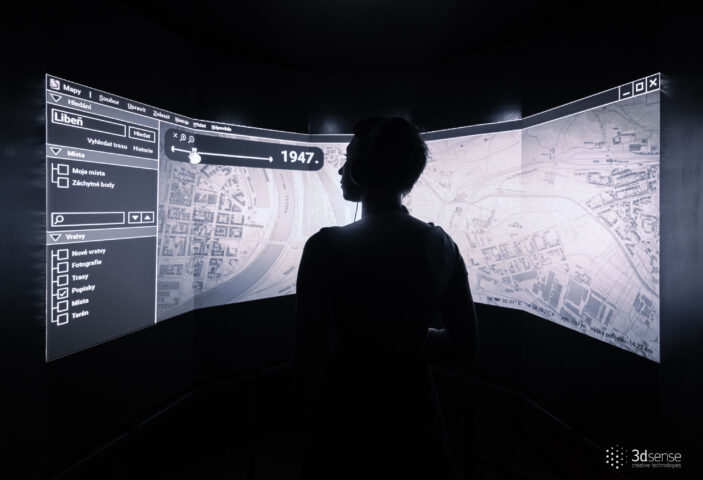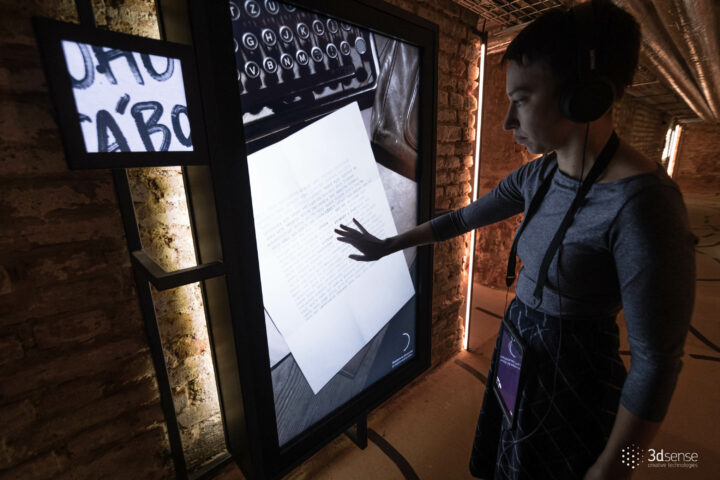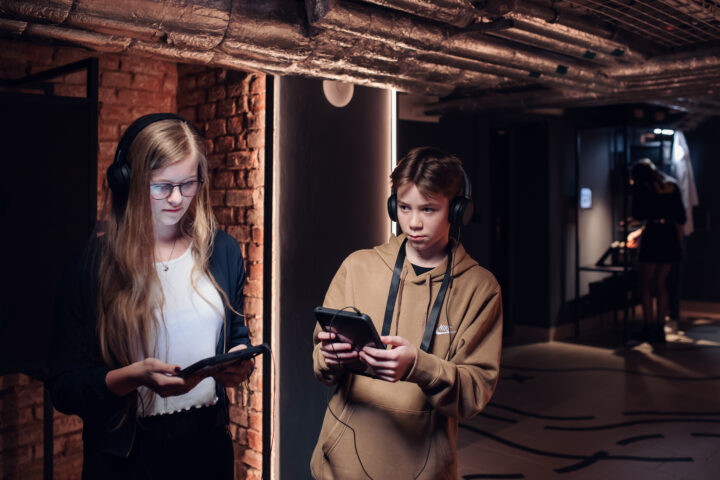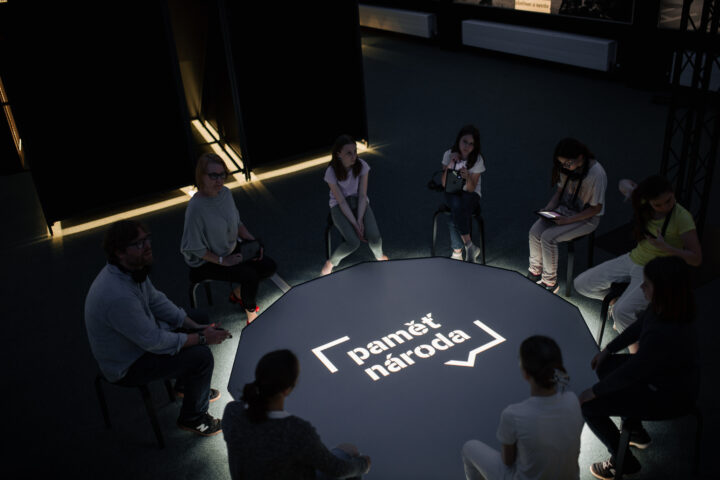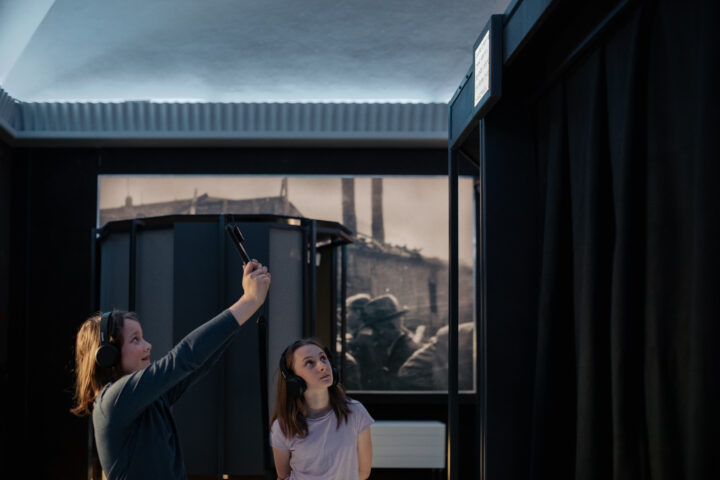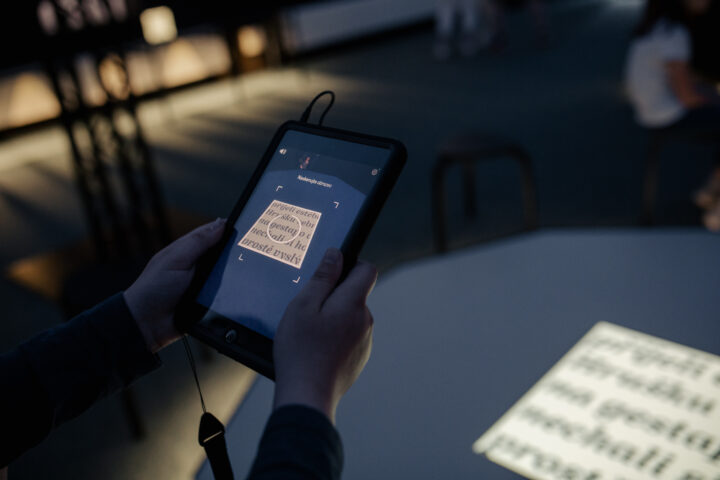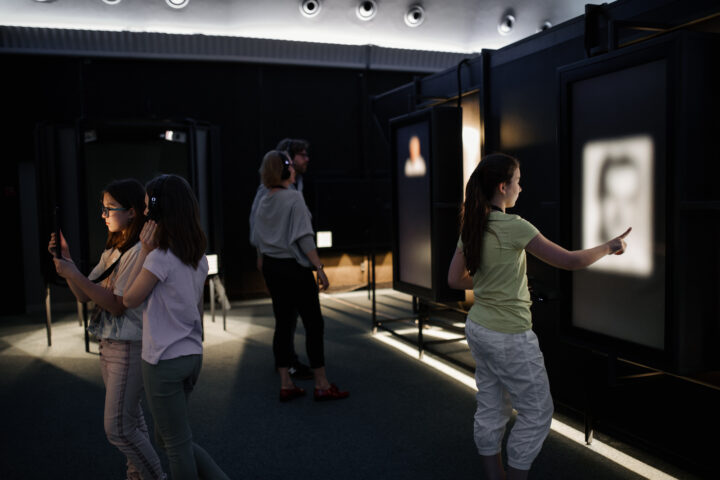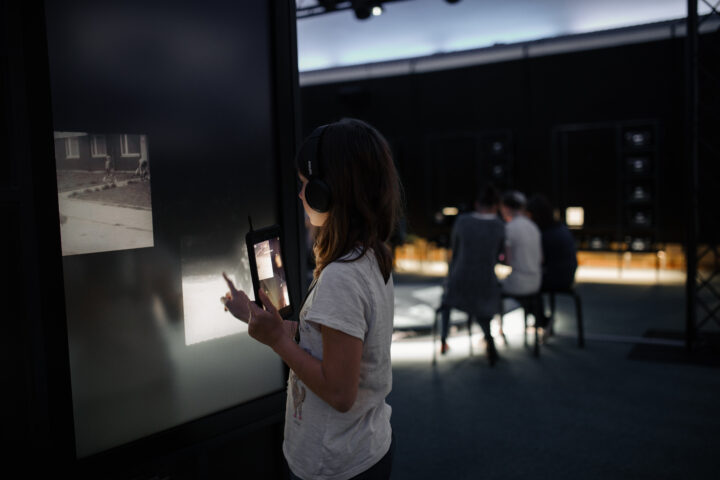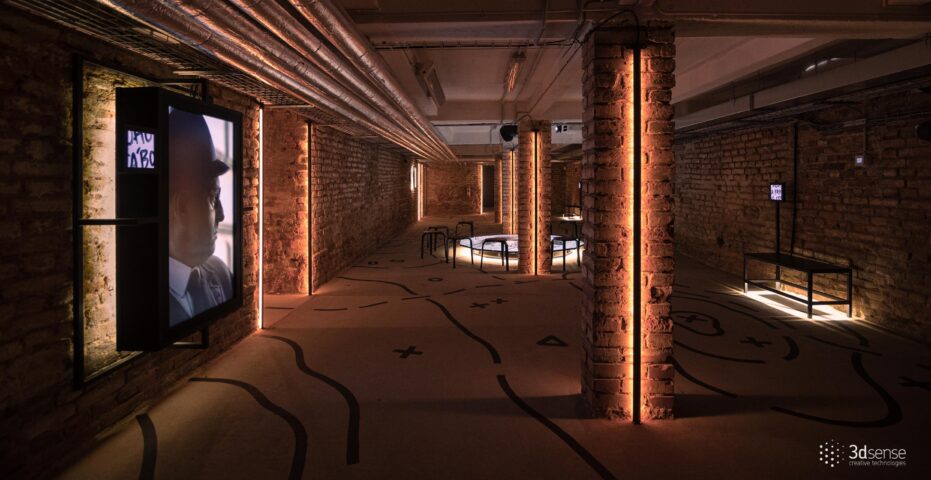Modern exhibitions
The permanent exhibition will guide visitors through 20th century history in an attractive, emotionally compelling and comprehensible manner, while aiding them to cultivate their ability to critically think about both the past and the present. Stories that span the period 1918–1989 provide a myriad of perspectives on historical events, enriched with commentary and context. The Institutes will also prepare short-term exhibitions to commemorate major anniversaries or individual historical events.
Educational programmes
We create and implement programmes for students in primary, secondary, and tertiary education. The Institutes’ activities will include guided tours, exhibition games, workshops, and long-term educational projects. Educational sessions will equip teachers with new inspiration and tools, including an online offer of teaching materials that can be used both when visiting the exhibition and subsequently during their lessons.
Meeting points and cultural events
We seek to create a space that will cultivate intergenerational connections as well. The Institutes will schedule regular screenings of documentaries and feature films, theatre performances, concerts and social gatherings that reflect life under totalitarian rule and topics concerning other violations of human rights. The Institutes will also serve as archives, libraries, and conference venues for the academic community.
Documentary studios
Space will be provided for the recording of the 20th century witnesses’ memories and their personal testimonies from the times of both totalitarian regimes. Witnesses’ testimonies are archived in the Memory of Nations collection, which can be accessed online and which preserves these memories for future generations to be explored and used in journalistic articles, exhibitions, books, and other media.



